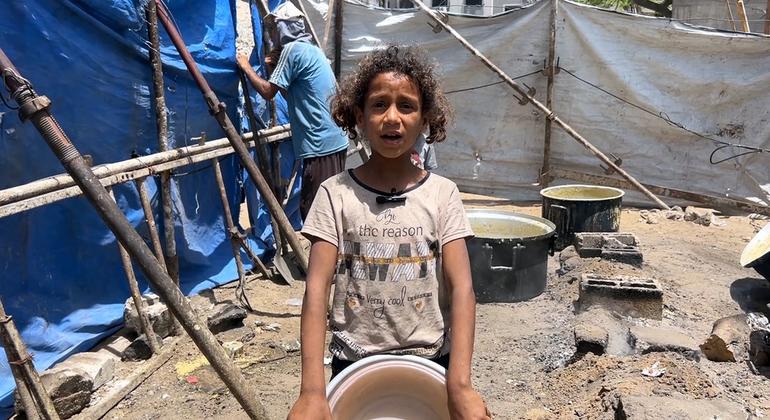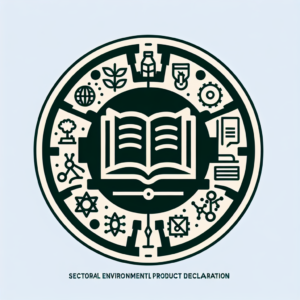At the UN headquarters in New York, Secretary-General António Guterres has expressed his grave concern about the situation of Palestinians in Gaza, whom he describes as facing “what may be the cruelest phase of this cruel conflict.” Guterres indicated that the imminent risk of famine affects the entire population, highlighting the urgent need for humanitarian aid.
The Secretary-General noted that Israel, as the occupying power, has a responsibility to facilitate the entry and delivery of such aid. While Brazil has allowed nearly 400 trucks of supplies to enter in recent days, only materials from 115 of them were able to be collected, leaving the northern Gaza Strip without any assistance.
Guterres emphasized that “families are starving and denied the most basic needs,” and described the aid received so far as “a teaspoon of help” compared to what is truly needed. He also criticized the restrictions imposed by Israel, which include the prohibition of essential items such as fuel and supplies for drinking water. In this regard, he called for security measures to protect aid convoys, stressing the serious risks faced by UN personnel trying to deliver assistance.
The Secretary-General also demanded a permanent ceasefire, the release of all hostages, and full humanitarian access. Guterres presented a five-phase plan, supported by Member States, designed to ensure the continuous delivery of aid to Gaza, the inspection and scanning of materials at border points, transportation to humanitarian facilities, and their subsequent distribution.
Meanwhile, the situation in Gaza is critical, with 80% of the territory designated as militarized zones or areas for mandatory evacuation. Since the ceasefire collapsed on March 18, nearly 610,000 people have fled the violence, prompting Guterres to remind that Israel has clear obligations under international humanitarian law and should not forcibly displace the civilian population.
In an alarming context, the World Food Programme (WFP) has reported the looting of 15 aid trucks in southern Gaza, a severe blow to humanitarian efforts at a critical time. The WFP stressed that the situation is unsustainable, and a more robust response is needed to prevent an even greater food crisis.
Philippe Lazzarini, head of the UN Agency for Palestinian Refugees (UNRWA), emphasized the urgency of a steady flow of aid, stating that between 500 and 600 trucks daily would be required to meet the basic needs of the Gaza population. Although some trucks have been authorized in recent days, the WFP has warned that the amount allowed is vastly insufficient for the 2.1 million residents of the region. The international community continues to call for more effective and sustainable humanitarian assistance.
via: MiMub in Spanish











